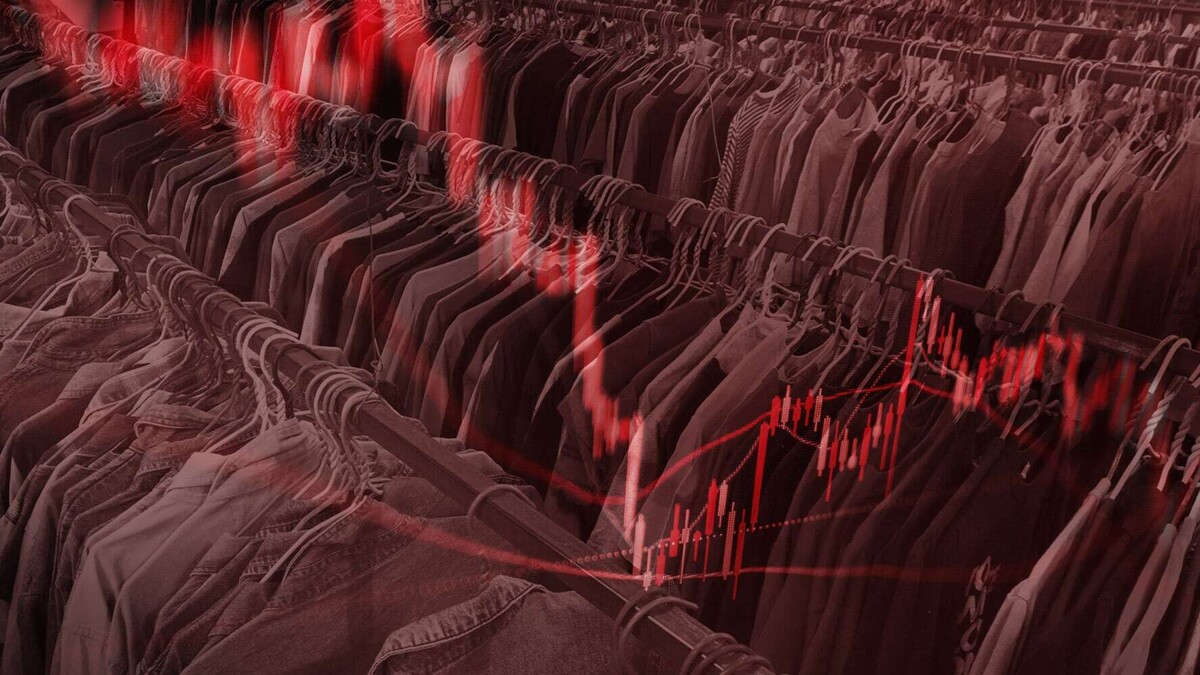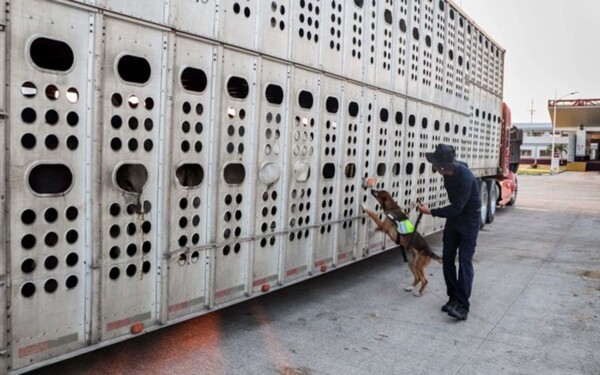
The Ministry of Economy has reported that the measures implemented to combat irregularities in the textile industry in Mexico have had a significant impact on clothing imports in the country. During the first two months of 2025, imports decreased by 12% compared to the previous year, according to Economy Secretary Marcelo Ebrard, during the morning conference on Monday, May 5, 2025.
As a result of these measures, the participation of countries in the Mexico-United States-Canada Agreement (USMCA) in textile imports increased from 15% to 24%. In December 2024, a decree was issued establishing tariffs of 35% on 138 tariff fractions related to the textile and footwear industry. The Ministry of Economy has canceled the authorization of 8 companies, 5 in clothing and 3 in footwear, that were misusing the Manufacturing, Maquiladora, and Export Services Industry Program (IMMEX).
Regarding the future of these affected companies, Marcelo Ebrard explained that their registration will be revoked and their accounts have been frozen. Additionally, they are being investigated by the Attorney General's Office (FGR) for fraudulent operations. These actions aim to strengthen and benefit the textile industry by promoting fair conditions in the market, increasing production and competitiveness in the sector, generating jobs, and combating smuggling.
As for the tariffs imposed on the textile industry, the measures started in December with a 35% increase for manufactured goods and a 15% increase for the import of textile goods. According to the Economy Secretary, the purpose is to protect an industry that employs approximately 400,000 people and has been facing challenges due to trade balance discrepancies. It is important to mention that particular cases, such as that of the company Shein, require a differentiated approach due to their specific tax nature.














